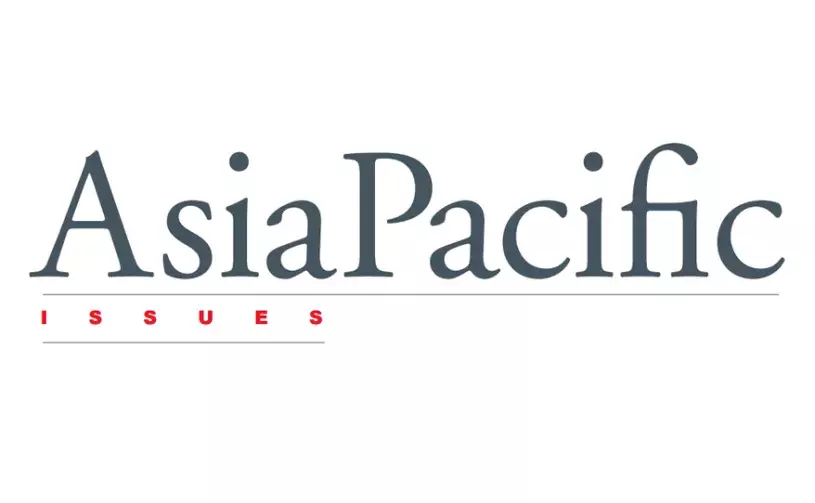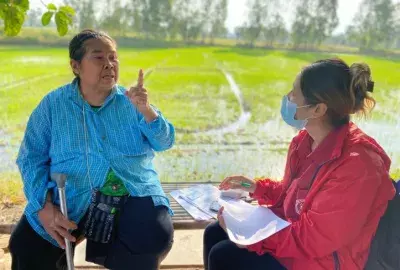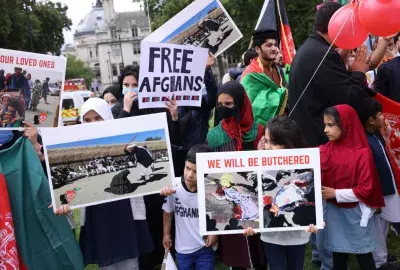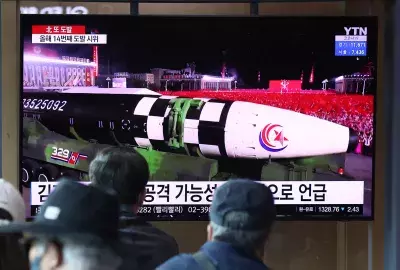Error message

Earth's climate is in a state of flux. Whether in terms of relatively short-term shifts, called climate variability, or long-term climate change associated with greenhouse gases, consequences of changing climate conditions appear unprecedented. Losses due to weather-related disasters have soared recently--especially in the Pacific, where island environments, societies, and infrastructures are particularly vulnerable. For generations, human response to climate events has been just that: response after the fact to phenomena that neither residents nor scientists adequately understood. Now, a growing body of information about the causes of climate events is enabling Pacific Islanders and others to anticipate events and move past being victims to become informed planners. This new knowledge can only be successfully applied via dynamic partnerships between science and society. Particularly promising is the emerging field of climate risk management, in which disaster management and climate science communities unite, forming model partnerships to plan for the inevitabilities linked with the planet's variable and changing climate.
The views expressed in this publication are those of the author and not necessarily those of the Center.
Earth's climate is in a state of flux. Whether in terms of relatively short-term shifts, called climate variability, or long-term climate change associated with greenhouse gases, consequences of changing climate conditions appear unprecedented. Losses due to weather-related disasters have soared recently--especially in the Pacific, where island environments, societies, and infrastructures are particularly vulnerable. For generations, human response to climate events has been just that: response after the fact to phenomena that neither residents nor scientists adequately understood. Now, a growing body of information about the causes of climate events is enabling Pacific Islanders and others to anticipate events and move past being victims to become informed planners. This new knowledge can only be successfully applied via dynamic partnerships between science and society. Particularly promising is the emerging field of climate risk management, in which disaster management and climate science communities unite, forming model partnerships to plan for the inevitabilities linked with the planet's variable and changing climate.
The views expressed in this publication are those of the author and not necessarily those of the Center.







